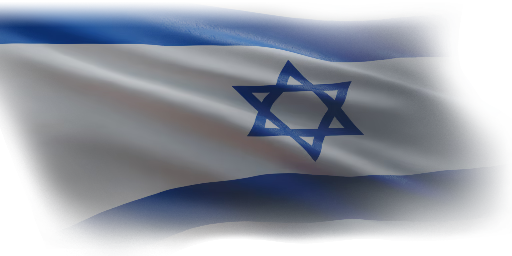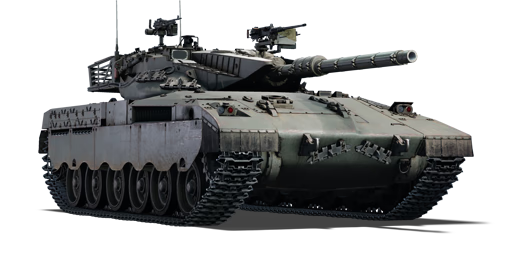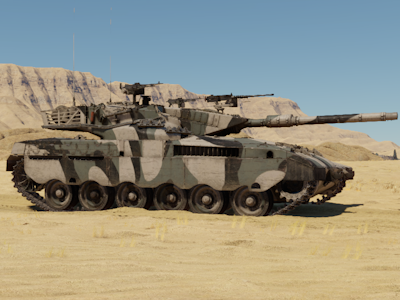The Merkava Mk.1 was the first variant of the Merkava main battle tank family. The Israeli Army and the British Army started working together on design notes for the Chieftain main battle tank, which was initially used by the British Army, in the late 1960s with the goal of Israel acquiring and domestically manufacturing the vehicle. A four-year study included the delivery of two prototypes. Britain ultimately decided not to sell the Chieftain to Israel because it was already being given to Arab nations, who were then pursuing their own development plans. After the Suez Crisis, Israel Tal, then a brigade commander, revived plans to build an Israeli-made tank by learning from the Yom Kippur War of 1973, during which Israeli troops were outnumbered by those of Middle Eastern Arab nations. Israel Tal's choice led to the development of the Merkava Mk.1, which started its service in 1979. It was designed and constructed with mass production in mind. The Merkava Mk.1 had a diesel engine that produced 908 horsepower and had a power-to-weight ratio of 14 horsepower/tonne, weighing 63 tonnes. It was mounted with a 105 mm M64 L71A tank gun, an authorized replica of the 105 mm M68 tank gun used by the U.S. Army, while the British Centurion medium tank, which was extensively used during the Yom Kippur War and functioned admirably in the Golan's rugged terrain, provided the Merkava design's tracks and road wheels. During the 1982 Lebanon War, Israel deployed the 180 units of the Merkava Mk.1 into battle. By removing the palletized ammunition racks, some Merkava Mk.1s were transformed into improvised APCs or armoured ambulances. Up to ten troops or walking wounded could be accommodated via the entrance in the back.
Introduced during Update 1.87 "Locked On" as a reward for the 2019 "Battlefield Engineer" crafting event, the Merkava Mk.1 provides a unique tank to the U.S. ground forces. The placement of the engine at the front of the tank rather than the back, as is traditional, is one of the Merkava design's most distinctive features. The goal of such a design was to increase crew survivability, because Israel is a small country with few resources and manpower, making it essential for them to survive conflicts. Due to its significantly improved survivability compared to conventional main battle tanks, players will enjoy experiencing one of the Middle East's most iconic major combat tanks.















